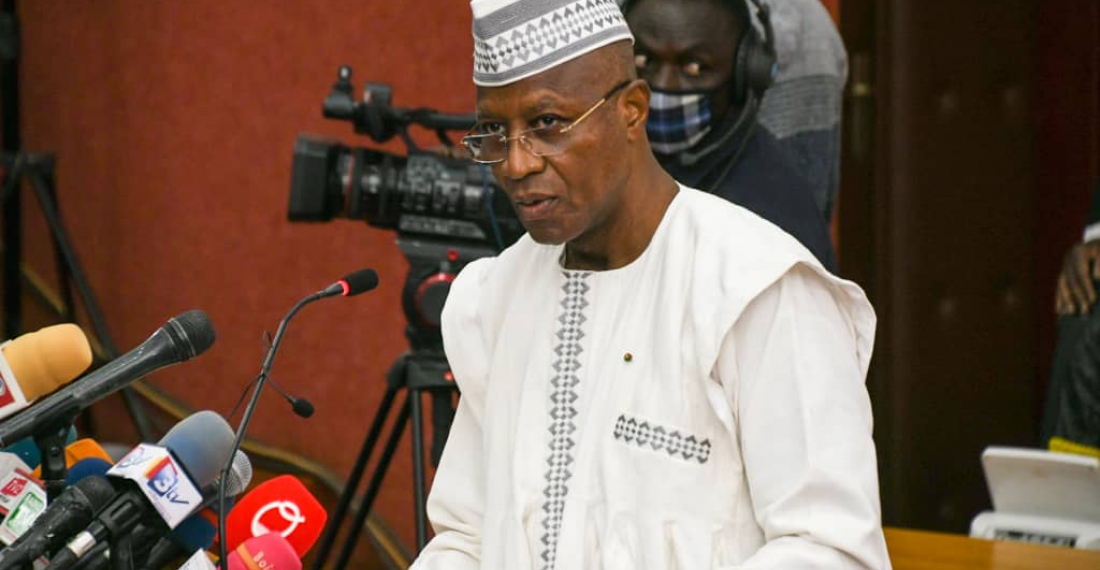15 civilians were killed and one was injured on Tuesday (18 May) during a terrorist attack in a village situated in the extreme North of Burkina-Faso, security forces have announced.
The attack occurred in Adjarara, a village located 7 kilometres away from Tin-Akoff in the North-Eastern province of Oudalan, taking the lives of 15 men, Colonel-Major Salfo Kaboré, the governor of the Sahel region, wrote in a statement on Wednesday. The victims were attending a baptism, when armed individuals burst into the village before opening fire. It is unclear who carried out the attack, however, Islamist groups are in control of large swathes of the area.
The commune of Tin-Akoff has been shaken these past few weeks by terrorist attacks, despite the dismantling of the terrorist base in the locality. On 8 May 2021, three civilians died, and several suffered injuries when insurgents swept through Menzouri, a village located 5 kilometers from Tin-Akoff.
Burkina Faso has faced increasingly frequent and deadly attacks since 2015, both against civilians and military forces. On 11 November 2020, 14 Burkinabè soldiers from a convoy from the Tin-Akoff military detachment were killed in a terrorist ambush and eight were injured, 11 days from the legislative and presidential elections.
During his 2021 speech on the State of the Nation yesterday (20 May), the prime minister of Burkina Faso, Christophe Dabiré, called on his country to “bring the Burkinabè combatants back home” – referring to those that had been influenced to join armed terrorist groups. To do this, the prime minister declared that he was counting on “the patriotic action of opinion leaders, religious, customary figures and other competent people from their communities of origin”. Through this statement, the executive highlighted the crucial role that the Burkinabè population play in countering terrorism, as Mr. Dabiré declared yesterday, “the fight against terrorism cannot be exclusively military”.
Additionally, the prime minister invited all Burkinabè citizens to “mobilise to fight against radicalisation and violent extremism, to fight stigmatisation and to ban identity withdrawal which are sources of deadly conflicts”. By addressing the origins of radicalisation and political violence in the country, Mr. Dabiré highlighted the importance of social cohesion in the state, which the government has tried to improve since 2017 with the 'Programme d’urgence pour le Sahel élargi' (an emergency program for the extended Sahel) and the 'Programme de développement des économies locales (PADEL)' (a local economy development program).
Financed at more than 63 billion FCFA (95,8 million euros) since 2017, the PADEL has enabled building economic infrastructures, supporting promoters of informal production units and providing financial support for the inclusion of vulnerable people in regions facing security challenges.







